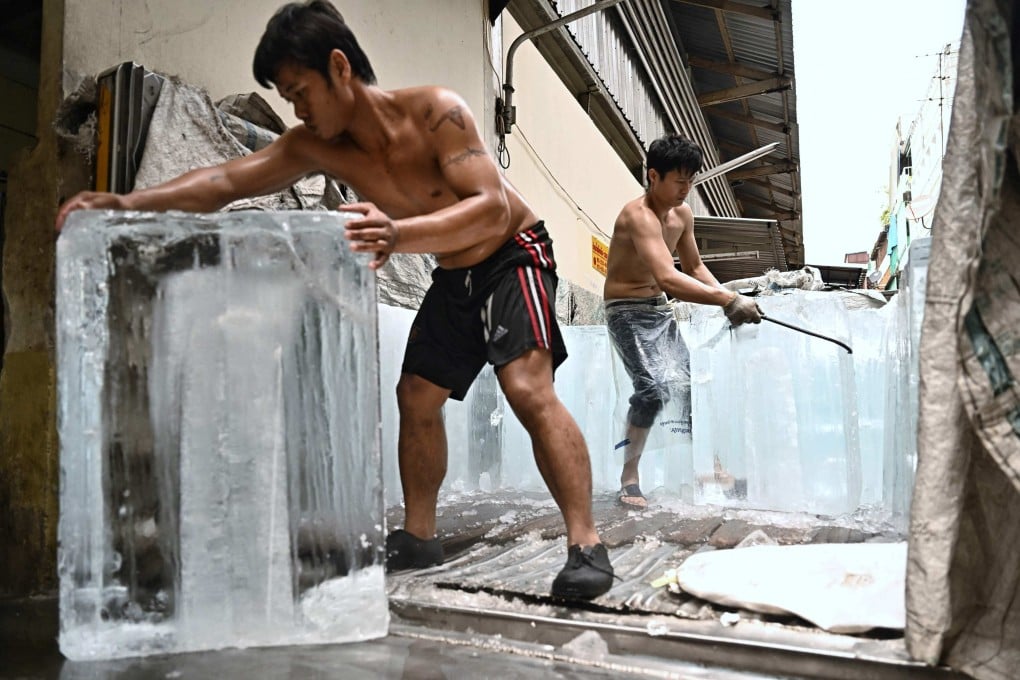Advertisement
Macroscope | Climate change: region must follow Singapore’s example and enact carbon tax strategy
- A region-wide carbon tax is long overdue to pave the way for a speedy reduction of emissions to protect the environment and accelerate green innovation
Reading Time:3 minutes
Why you can trust SCMP
2

Many people in Southeast Asia are feeling the effects of El Nino, as regional governments struggle to cope with unprecedented heatwaves. Electricity bills have shot up for many families trying to beat the heat, for example.
This raises the question of what can be done to tackle the problem. On that front, the Association of Southeast Asian Nations (Asean) appears to be lagging behind the developed world in the carbon trading market and also in implementing a carbon tax.
The European Union has come up with an ambitious plan: a carbon border tax due to come into force in 2026, and already requires companies to disclose emissions of imported goods. While something that ambitious may not work for Asean economies yet, a region-wide carbon tax is long overdue to pave the way for a speedy reduction of emissions to protect the environment and accelerate green innovation.
In 2019, Singapore became a pioneer in Southeast Asia when it introduced a carbon tax of S$5 (US$3.7) per tonne, which covers 80 per cent of its greenhouse gas emissions. It is on track to reach peak emissions before 2030, and has reduced its carbon emissions target for 2030 to 60 million tonnes, from around 65 million tonnes. Unfortunately, the lacklustre performance by other leading industrialised Asean countries means Singapore’s progress will have a limited cooling effect on the region.
The Asean State of Climate Change Report suggests a region-wide carbon tax could have a positive impact on countries’ economies if its revenues were distributed evenly. It also calls for a proper management, reporting and verification system to assist in determining the level of emissions within all sectors.
Despite the findings, Indonesia’s plan to impose a carbon tax of US$2.1 per tonne on coal plants has been delayed again. Malaysia and Thailand have pledged to introduce carbon taxes to meet their net-zero goals by 2050 and 2065 respectively, but there is no clear timeline.
Advertisement

